New clashes as opposition leader flees Belarus citing children's safety
MINSK (Reuters) - Belarusian opposition leader Svetlana Tikhanouskaya said on Tuesday she had fled abroad for the sake of her children after strongman leader Alexander Lukashenko’s claim of victory in Sunday’s presidential election prompted bloody street protests.
Tikhanouskaya, a 37-year-old former English teacher who took her husband’s place on the ballot after he was jailed, fled to neighbouring Lithuania. She urged her compatriots not to oppose the police and to avoid putting their lives in danger.
But unrest erupted for a third night in a row on Tuesday as security forces fired rubber bullets and stun grenades to disperse thousands of protesters who took to the streets accusing Lukashenko, in power since 1994, of swindling the vote.
A Reuters witness saw security forces detaining dozens of people and beating protesters in the street. Another saw security forces smashing car windows and dragging some people out of vehicles to attack them. A third saw at least two news photographers being attacked and their cameras damaged.
Car horns blared in solidarity with the opposition, and people marched, clapped and shouted “go away”.
The European Union earlier accused Lukashenko’s government of “disproportionate and unacceptable violence” and said it was reviewing its relations with Minsk.
Although Tikhanouskaya’s husband Syarhei, an anti-government blogger, remains in jail in Belarus, she was reunited with her children in Lithuania. She had moved them earlier after receiving anonymous threats about their safety.
“You know, I thought that this whole campaign had really toughened me up and given me so much strength that I could handle anything,” she said in an emotional video.
“But, probably, I’m still the weak woman I was in the first place. I have made a very difficult decision for myself,” she said, adding that the political tumult in Belarus was not worth anyone losing their life for.
“Children are the main thing in life,” said Tikhanouskaya.
FLOWERS
The mood on the streets of Minsk had been calmer during the daytime on Tuesday, but a Reuters reporter saw riot police parked outside several factories in Minsk amid calls on anti-Lukashenko social media channels for a general strike.
People laid flowers at the site in central Minsk where a protester died in Monday’s clashes.
Lukashenko has compared the protesters to criminal gangs and dangerous revolutionaries with shadowy foreign backers. State media on Tuesday showed detained young men with their hands behind their backs, calling them “Russian provocateurs”.
Belarus has strained relations with Moscow, though President Vladimir Putin used a congratulatory telegram to nudge Lukashenko to accept closer ties. Lukashenko has long accused Russia of aiming to swallow up his nation of 9.5 million people.
Lithuanian Foreign Minister Linas Linkevicius said Tikhanouskaya had found herself in an impossible situation.
“She apparently faced certain pressure and did not have much choice but to leave the country,” he told a news conference.
Belarusian authorities said she was not forced to leave but a separate video appearance, apparently filmed at the central election commission before she left Belarus, raised questions about her departure.
In it, she was seen reading from a piece of paper in stilted official language and reversed her earlier stance and asked supporters to accept the election’s outcome and stop protesting in order to prevent bloodshed.
It was unclear if the video had been made under duress or as part of a deal allowing her to leave the country.
U.S. Secretary of State Mike Pompeo said Belarus’s election was “not free and fair” and condemned “ongoing violence against protesters and the detention of opposition supporters”.
The European Union said its relationship with Belarus was under review, though it declined to comment on whether sanctions would be reimposed on the country.
Foreign observers have not judged an election to be free and fair in Belarus since 1995, and the run-up to this month’s vote saw authorities jail Lukashenko’s rivals and open criminal investigations of others who voiced opposition.
Tikhanouskaya’s campaign rallies drew some of the biggest crowds since the fall of the Soviet Union in 1991.


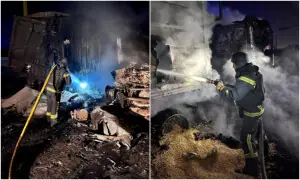
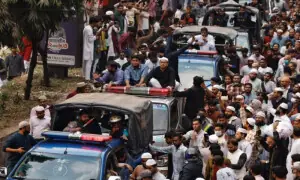
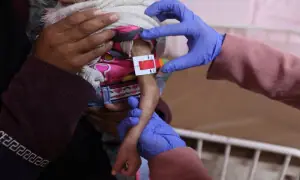
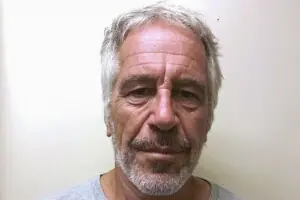
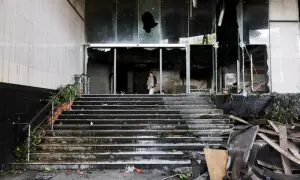
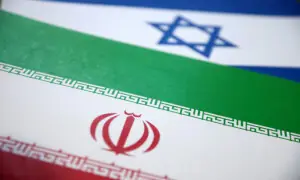

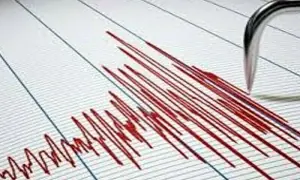
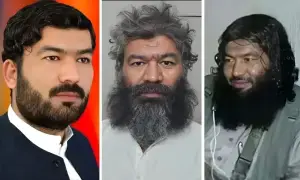
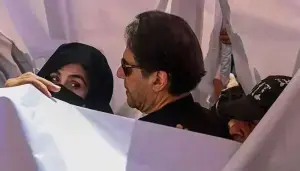
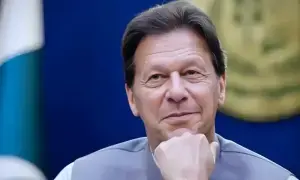

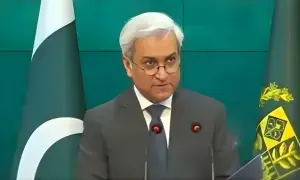
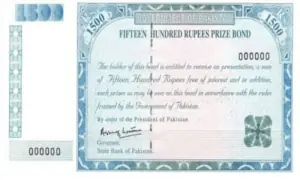
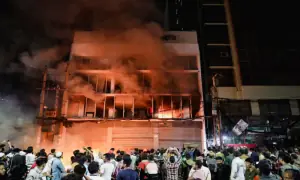

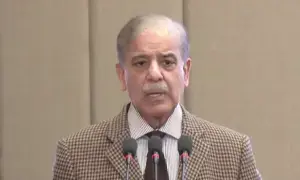

Comments are closed on this story.